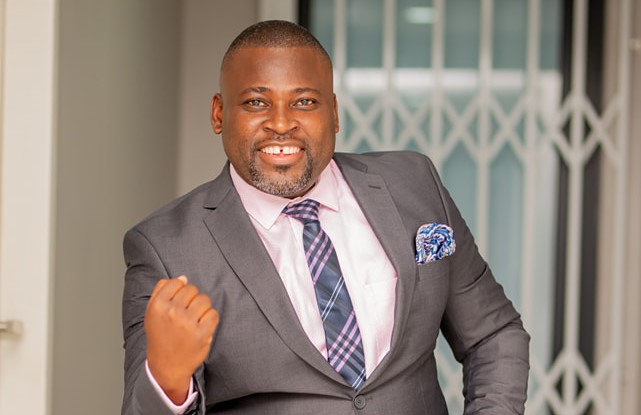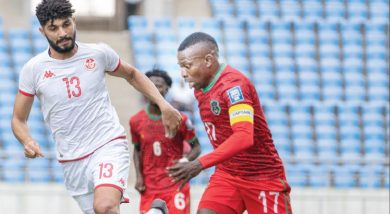Cost of hiring foreign coach
Expatriate coaches that have shown interest in the Flames coaching job are demanding a minimum of K9 million monthly salary, the Weekend Nation has learnt.
The development means if President Peter Mutharika approves the hiring of a foreign coach under the 50-50 cost sharing proposal, Football Association of Malawi (FAM) will have to cough around K4.5 million every month.

This excludes other expenses like house allowance, a car, fuel and other benefits the coach would demand.
The expatriate perks are four times what the other local coaches FAM engaged in the past using funding from government—Ernest Mtawali, Young Chimodzi, Kinnah Phiri and Jack Chamangwana—were getting.
While analysts have questioned whether FAM is capable of sustaining such an arrangement, FAM general secretary Alfred Gunda said the association is ready to pour all its revenue from Mpira Village and scrounge from all available partners for the foreign coach hiring.
Where will the money come from?
Apart from government subvention which was at K32 million for the current financial year, FAM enjoys quarterly grants from Fifa, but these are strictly meant for specific projects.
Fifa grants makes up 67 percent of FAM’s revenue while 33 percent is from FAM’s initiatives.
Some of the sources of revenue include investments and businesses at Mpira Village, television rights and gate collections.
Gunda said they intend to intensify commercialisation such as sale of a local Flames replica jerseys.
The association is also banking on a rise in gate takings and TV rights from 2019 Africa Cup of Nations qualifiers against high ranking teams such as Africa champions Cameroon and Morocco.
Is it worth it?
Asked if spending the hardly-earned revenue on the expatriate coach will not affect other programmes, Gunda said with proper planning there was no need to panic.
“What we need to understand is that good things are not cheap. Most of the coaches that have shown interest are ranging between K9 million and K12 million. If we want cheap things, fine—but let us not expect good results if we go that way,” he said.
“Consider the teams that were at the recent Gabon Afcon finals last month. How many local coaches were there? How many left an impression?”
Out of the 16 teams at the 2017 Afcon finals, only four—Aliou Cisse for Senegal, Florent Ibenge for DR Congo, Guinea Bissau’s Baciro Cande and Zimbabwe’s Callisto Pasuwa—were locals. And out of these, Senegal and DR Congo made it to the knockout stage.
Gunda said unlike in the past five years when the association was engaging a coach for short-term contract, FAM wants a long-term contract—preferably three years—with the expatriate coach.
“The proposal that we have submitted to government is long-term project. We want the expatriate coach to appoint his assistants. These will understudy him for the duration so that when he finally leaves, we have a coach who can take over,” he said.
“The expatriate will work with the technical subcommittee to select a suitable up-and-coming coach with a track record in youth development. A coach who is willing to learn the philosophy of the kind of expatriate coach we have in mind.”
What analysts say
Former FAM general secretary George Kaudza Masina warned FAM that the arrangement would backfire.
He said: “As someone who has been in the system, the idea that FAM is advocating will one day come to haunt them. FAM cannot afford this type of arrangement. MK4.5 million is big monies in as far as FAM is concerned. Local coaches have never failed. It is FAM which has been failing the local coaches. The local coaches are never given the necessarily support unlike the so-called expatriate coaches.”
Anlyst Charles Nyirenda said FAM was going in circles instead of tackling the root cause of dwindling standards of football.
He said: “Personally I have my doubts about our national team prospects being far better under an expatriate coach. If FAM thinks that short-term measures can bring quick success, let them hire a foreign coach. But if history is to guide us, the better results ever achieved by our national teams came when local coaches—Henry Moyo, Reuben Malola, Mathews Mwenda and Kinnah Phiri were at the helm.” n





